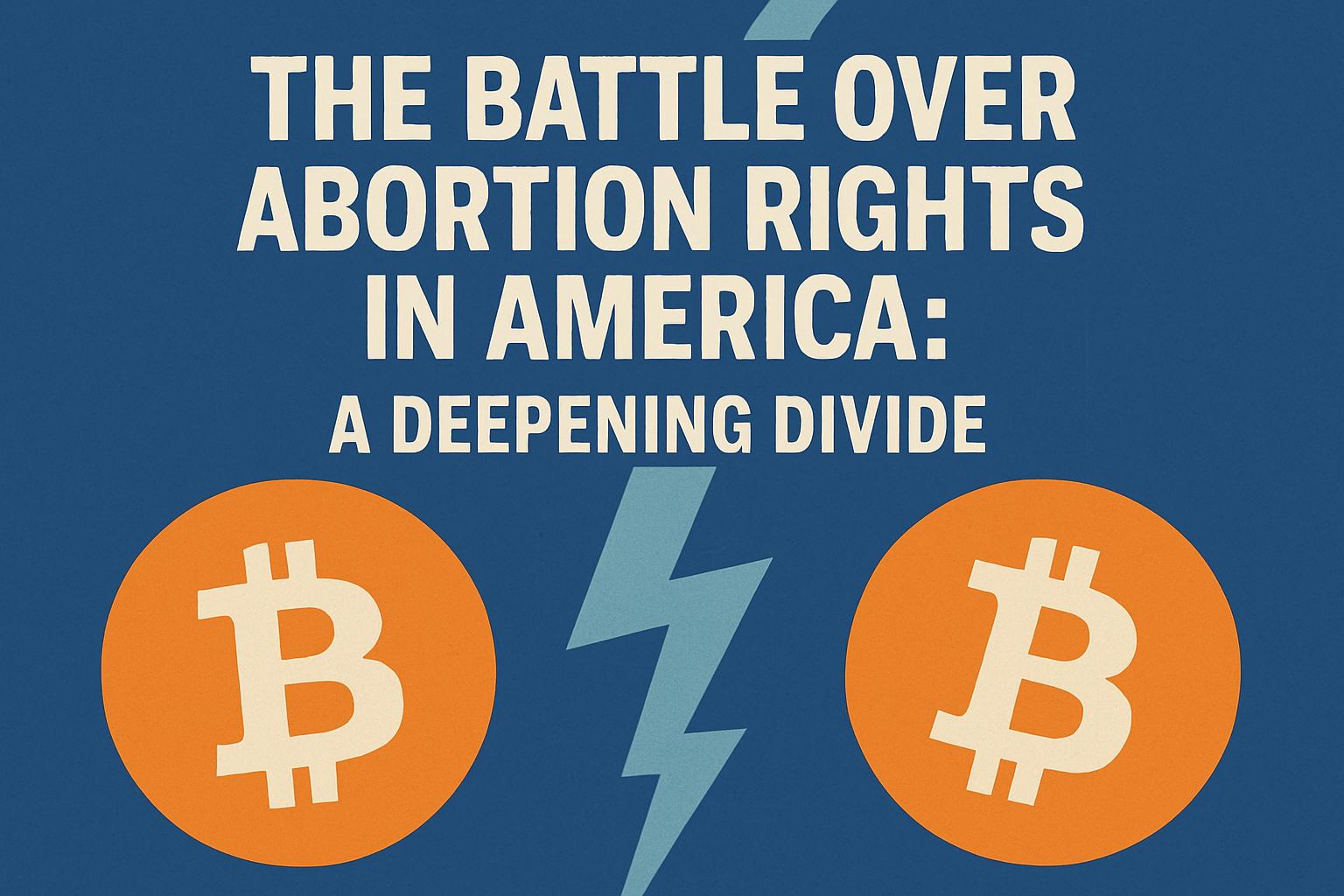A stir rippled across the American social landscape as a TikToker known as “theprettiestpos666” shared a controversial video mocking the death of conservative figure Charlie Kirk. This video, which flippantly referred to Kirk’s demise as divine will, served as a reflection of the intense polarization gripping the nation, particularly on the contentious issue of abortion.
As a prominent anti-abortion advocate, Charlie Kirk’s death illuminated the divide within American society. While some mourn his passing, others use the opportunity to spotlight their pro-choice stance, highlighting a broader cultural clash that extends beyond mere legal debates, touching on questions of life’s meaning, gender autonomy, and political identity.
The Impact of Overturning Roe v. Wade
The issue of abortion in America reached a pivotal moment not with Kirk’s death, but in 2022 when the Supreme Court overturned Roe v. Wade. This landmark decision had, since 1973, guaranteed women the constitutional right to choose to have an abortion during the early stages of pregnancy. This protection underscored women’s bodily autonomy and the right to privacy from state interference.
However, the dismantling of Roe v. Wade transferred the power to regulate abortion rights back to individual states, underscoring the intertwining of politics, religion, and societal norms. The resulting patchwork of state laws has had profound impacts, curtailing reproductive freedom for many women.
A Historical Landmark Turned Battlefield
The 1973 decision in Roe v. Wade was a milestone for women’s rights worldwide and became a symbol of progress in global abortion rights movements. The judgment was constantly scrutinized, with conservatives criticizing it for ignoring the rights of the unborn, turning abortion into a moral wrong.
Conversely, proponents underlined the importance of bodily autonomy and a woman’s right over her reproductive choices. With legal stances now once again at the forefront, the ideological tug-of-war surrounding abortion remains one of America’s most divisive issues.
Charlie Kirk’s Death and the Wider Implications
Charlie Kirk’s life and subsequent death brought into sharp relief the intricate dynamics of America’s social and political landscape. His anti-abortion views starkly contrast with the celebratory reaction seen in certain digital spaces, signifying that abortion debates are now embroiled in larger existential questions, pitting notions of sacred life against individual rights.
Shift in Judicial Dynamics with Trump’s Appointments
The reversal of Roe v. Wade can be traced back to the strategic judicial appointments during President Donald Trump’s administration. With the nominations of Justices Neil Gorsuch, Brett Kavanaugh, and Amy Coney Barrett—who favored the rollback of abortion rights—the ideological balance of the Supreme Court shifted. This reconfiguration had profound implications, effectively eroding decades of reproductive rights progress.
Navigating the New Era of Abortion Rights
The debate over who has the right to choose echoes beyond personal stories, questioning the essential balance between respecting women’s autonomy and upholding the sanctity of life. As digital platforms become stages for contentious displays and the judiciary transforms into arenas of power struggles, society faces an imperative challenge.
As discussions become more polarized, a return to ethical fundamentals respecting all lives while valuing freedom of expression might pave a path beyond the current fraught dialogue. Such reflection is crucial if society is to reconcile its differences and rediscover spaces for understanding and meaningful dialogue.
In these turbulent times, Charlie Kirk’s death serves as a poignant reminder that ethical reflection, mutual respect, and thoughtful discourse remain essential for transcending divides.

![[News] Bitcoin at a Turning Point? 10x Research Signals a Bullish Macro Shift Ahead](https://cryptoexplores.com/wp-content/uploads/2025/06/new20250616.jpg)
![[News] Binance Lists $HOME, the Gas-Free, Bridge-Free All-in-One DeFi App](https://cryptoexplores.com/wp-content/uploads/2025/06/news20250617.jpg)